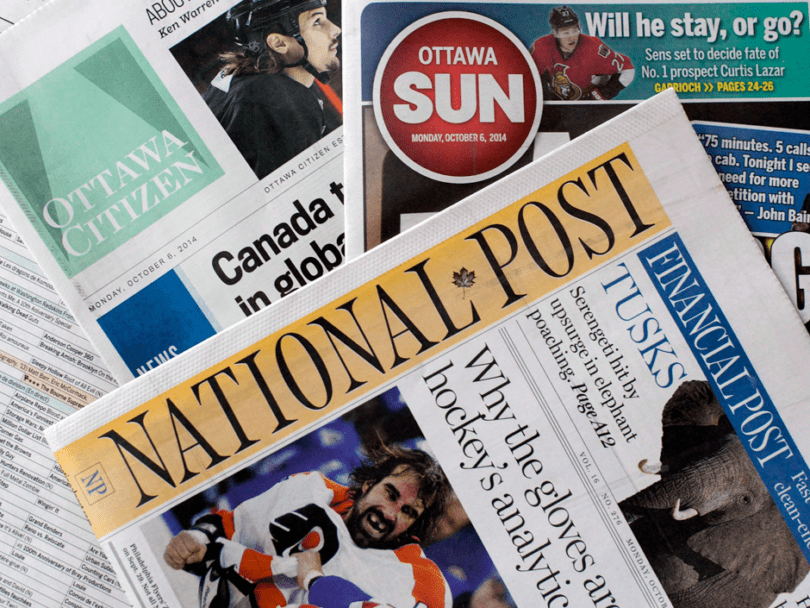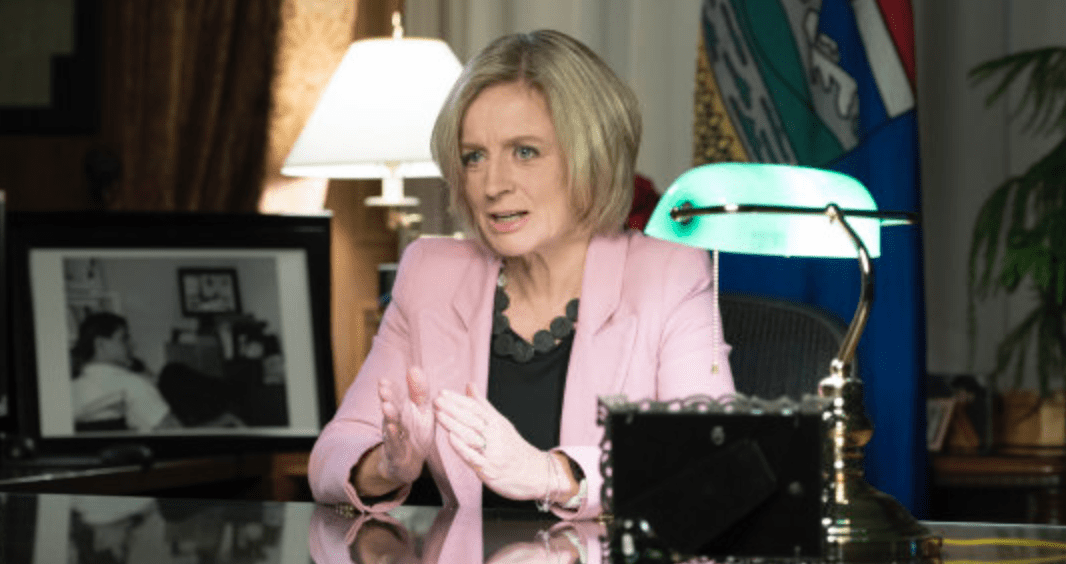If you're looking for a column in which I get mad, or even mildly exercised, about Trudeau's news bailout, or argue that it is a partisan exercise in buying off the media in an election year, I am sorry to disappoint you, for I have no interest in restating what was and is obvious.
Instead, I would like to turn to the people who are upset today, and ask them: What did you expect? Did you think all this handwringing over scaaaaary Russian Facebook bots stealing elections was something other than a casus belli? Did you hope that Trudeau, who has done nothing but assume the position when it comes to tech giants "investing" in Canada, would actually regulate Facebook before buying out the legacy papers, or regulate them at all? When Melanie Joly made noises to the effect that a bailout was not in the cards, did you believe her for an instant? (FFS people, it's Melanie Joly!)
The answer to all these questions is obvious: Yes, you did. You all bought the charade that no, of course nobody WANTS a bailout (except yes we really, really, really need a bailout OH GOD PLEASE GIVE US A BAILOUT), and you all bought it hook, line and sinker. You expected journalists, friends of the people that they are, to make principled refusals of this "free" cash, citing things like independence of the free press. You probably think they're not throwing themselves on Gerry Butts' mercy at this very moment, begging to be on his Public Committee Of News You Can Use so that they can be set for life while condemning their peers to the recycling bin, permanently. You poor saps. If Trudeau asked you to trade him two tens for a five, you'd tell him to keep the change.
Since I can't get mad at a bunch of politicians and news barons fleecing the public when the public so clearly wants to be fleeced, all I can do is select the most disgusting thing about the whole grubby proceedings, which would be Paul Godfrey of Postmedia crowing that "everyone in journalism should be doing a victory lap around their building". Depending on when this column comes out, that quote might have become the funniest thing about the proceedings, because unless Mr. Godfrey knows something we don't, or unless Trudeau is completely feckless (a distinct possibility), P-God's dalliance with creatures such as David Pecker will disqualify him from the Red Ribbon News Commissariat. Sorry, Paulie Walnuts, but you can't sit with us.
Does the alleged left have anything to say about this glorious nationalization and victory over the free market? No, because they're too busy with a completely pointless Canada Post strike, which can barely function despite being much tighter with the government than the media could ever hope to be. Remind me again why less independence for the press is such a great idea? I would take comfort in the fact that government can barely pick winners and losers though they insist on trying, but then I read a story about the state arbitrarily deciding which group of shady pot potentates get their licenses yanked and which don't, and I start looking over my shoulder again.
There are concerns that this move will lessen the quality of coverage, but in a week where the CBC alleged that the "Conservative Opposition" were accusing the Prime Minister of bribing the media for favourable coverage (heaven forfend!), held up the new $10 note as evidence of our moral supremacy over the Americans, effectively censured a journalist for asking the wrong questions, and had Rosie Barton concede that deficits are so last century as far as the government is concerned, it'd take some serious creativity for things to get any worse.
No, if there's a story in all this, it's that this bailout happened because the will to do better, or demand better, just wasn't there. We all consented to a reality where Trudeau-compliant puff pieces and mediocre, intentionally-point-missing pieces like this one about how super-cool technology identified Marissa Shen's killer will become ever more the rule, rather than the exception, and we did so because we could not imagine any other reality.
Written by Josh Lieblein








